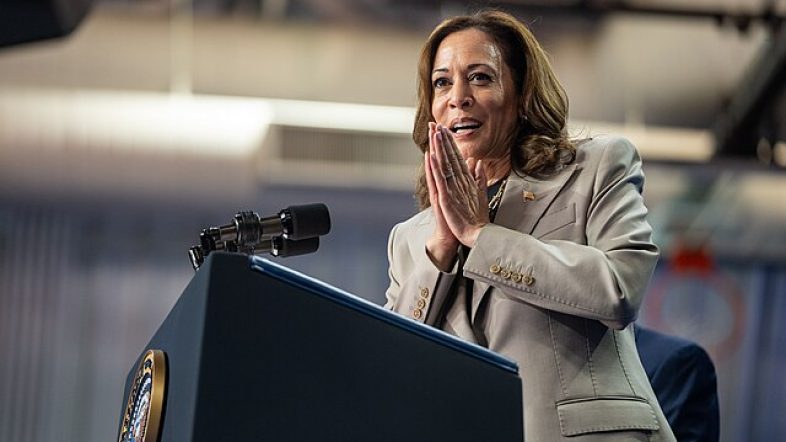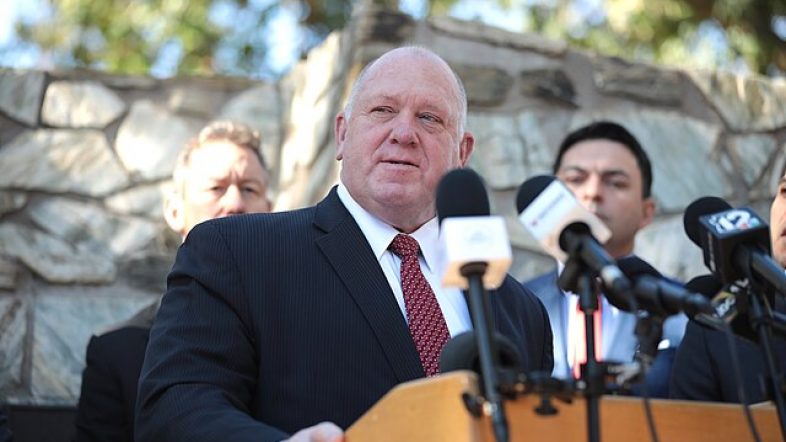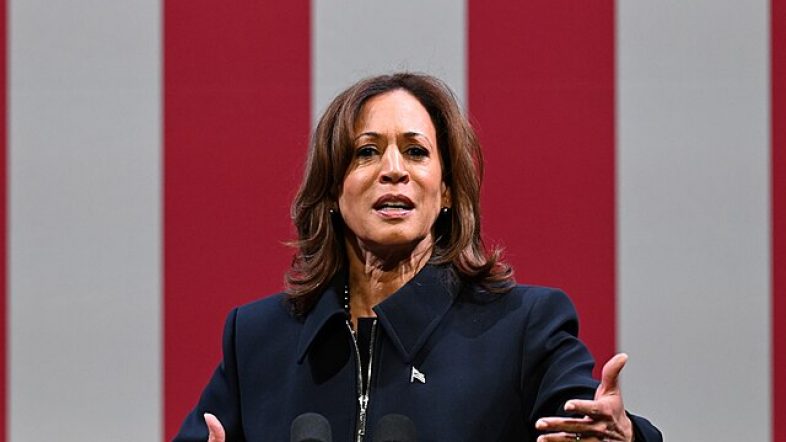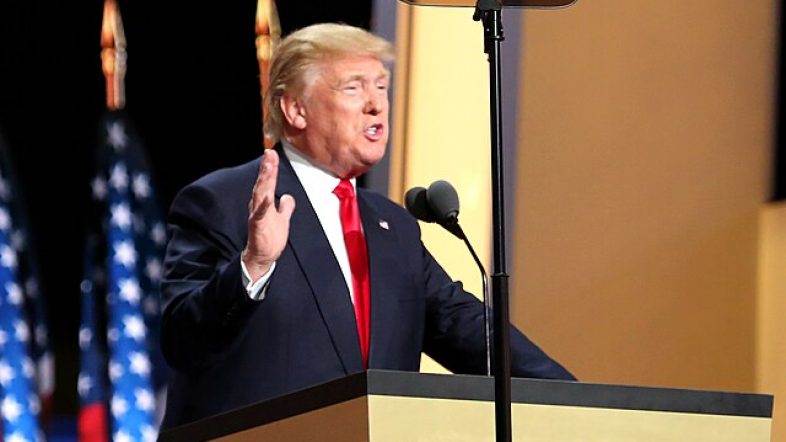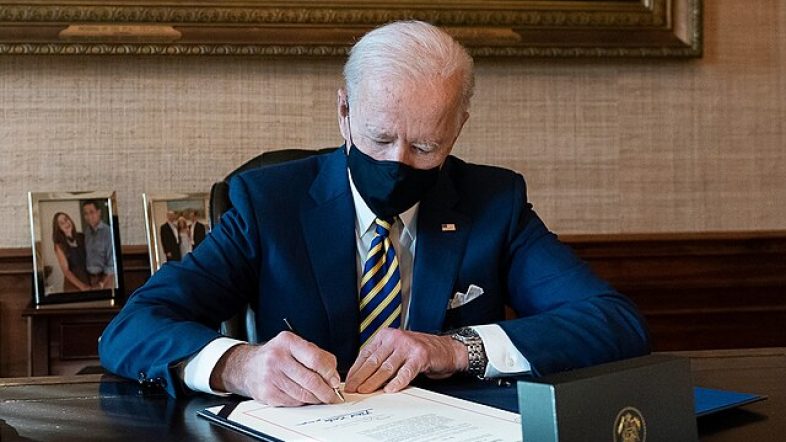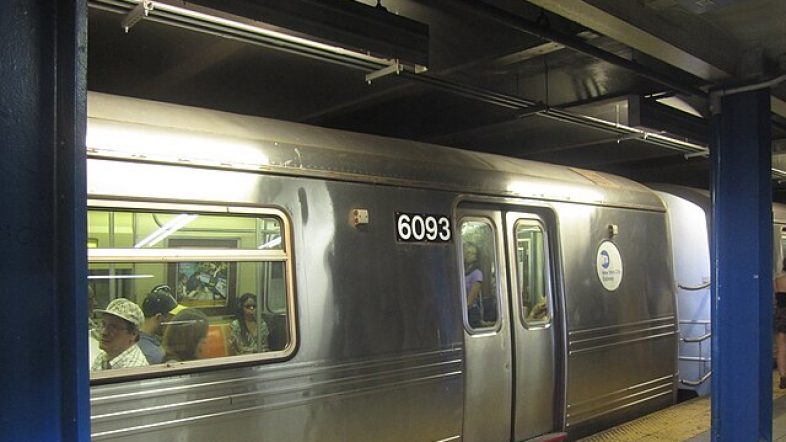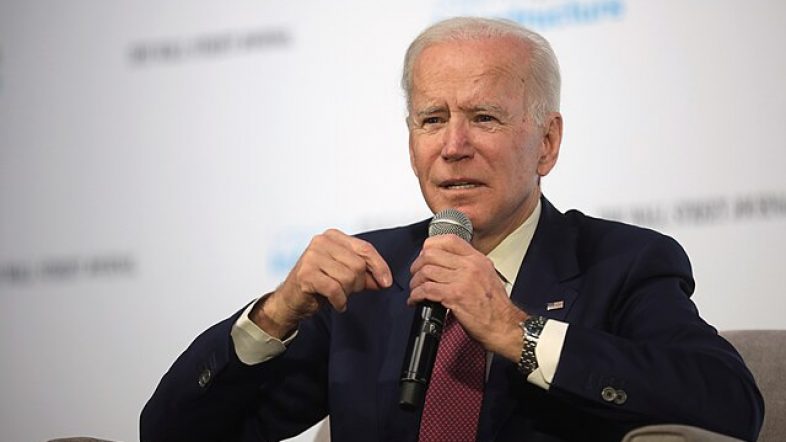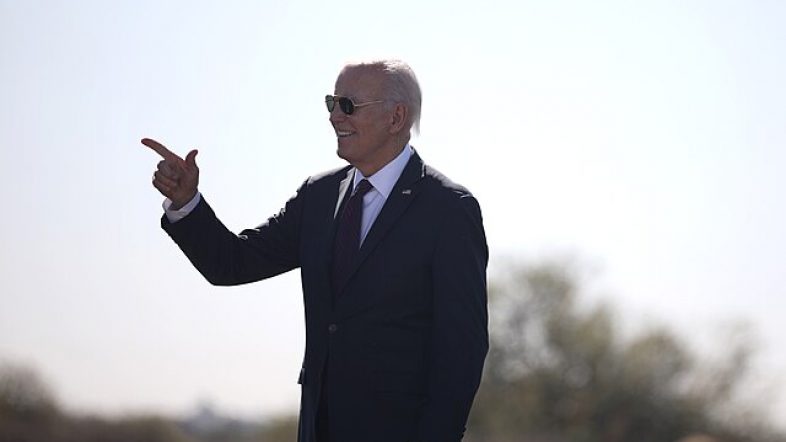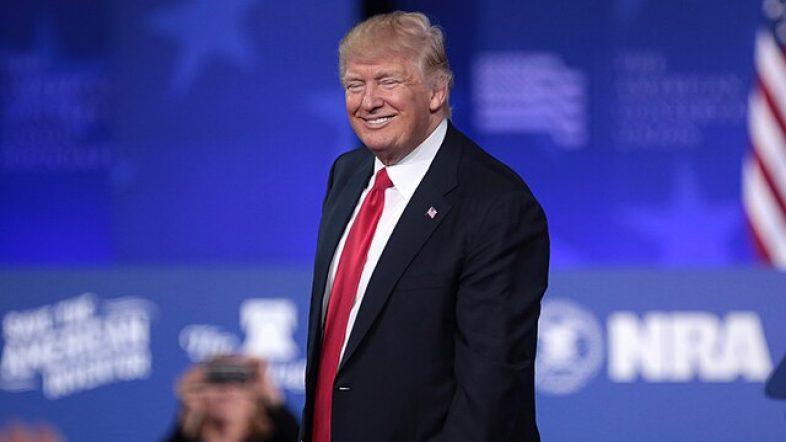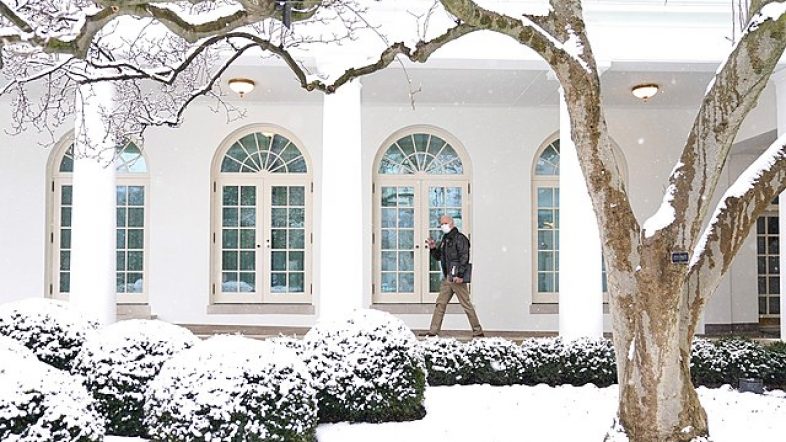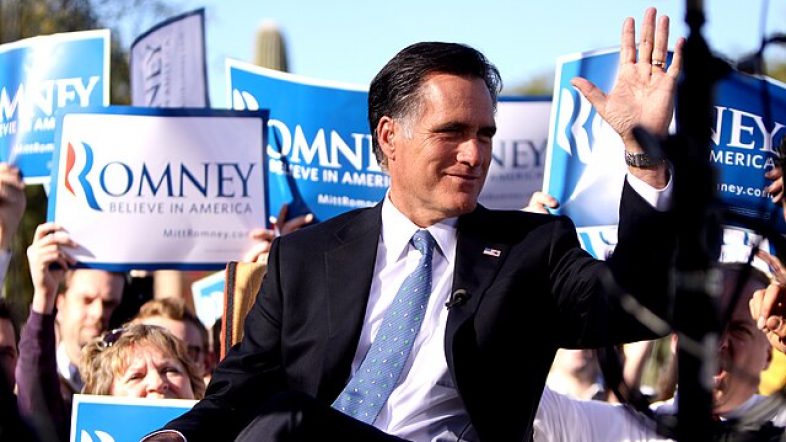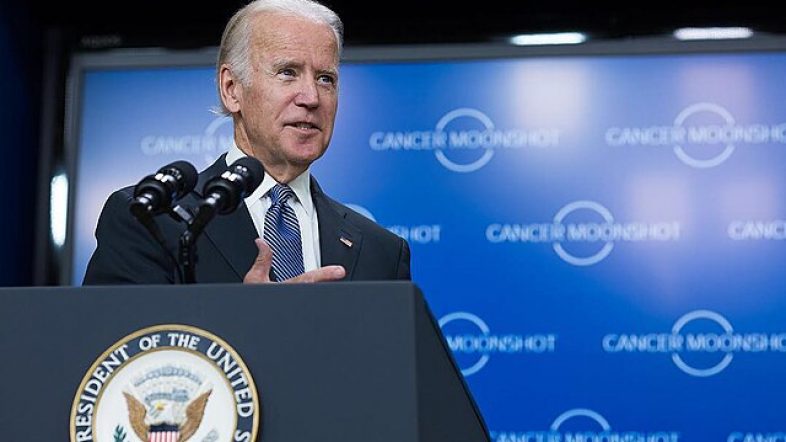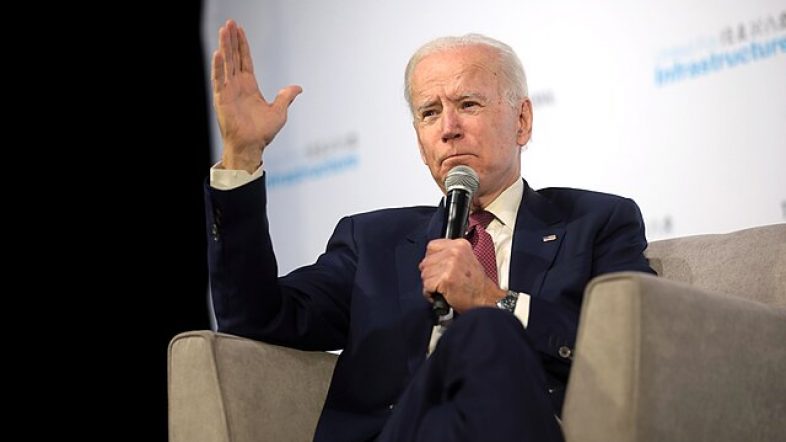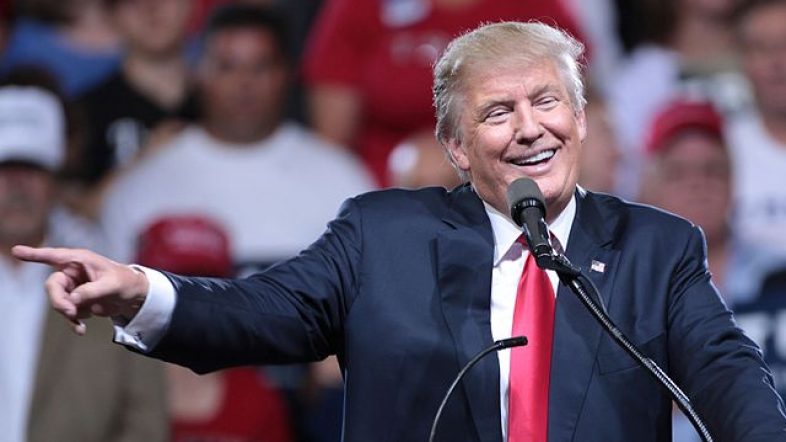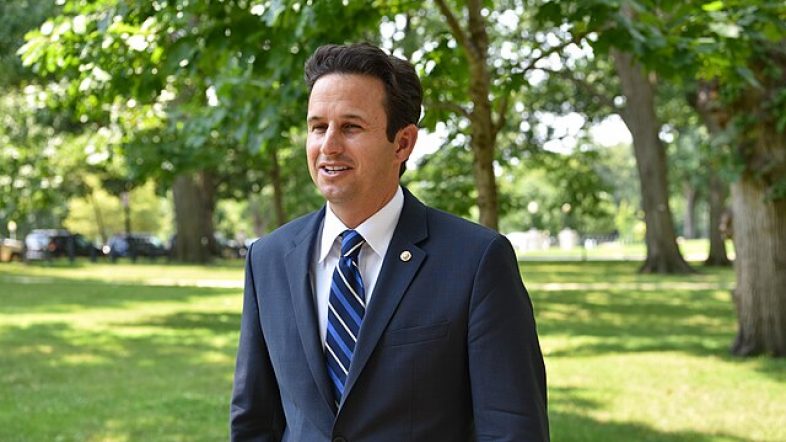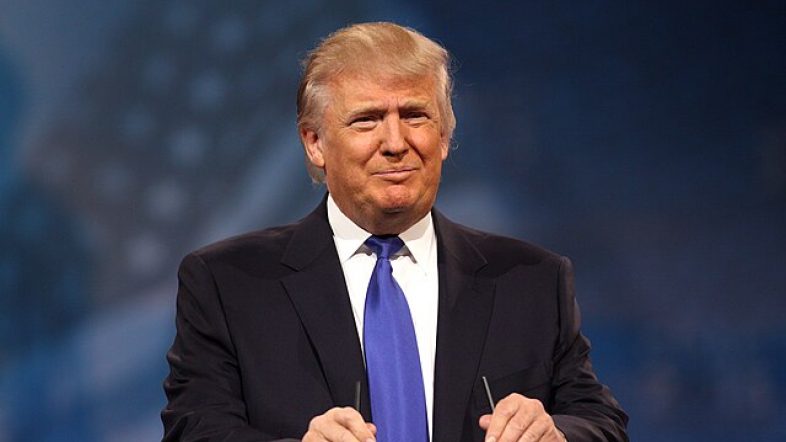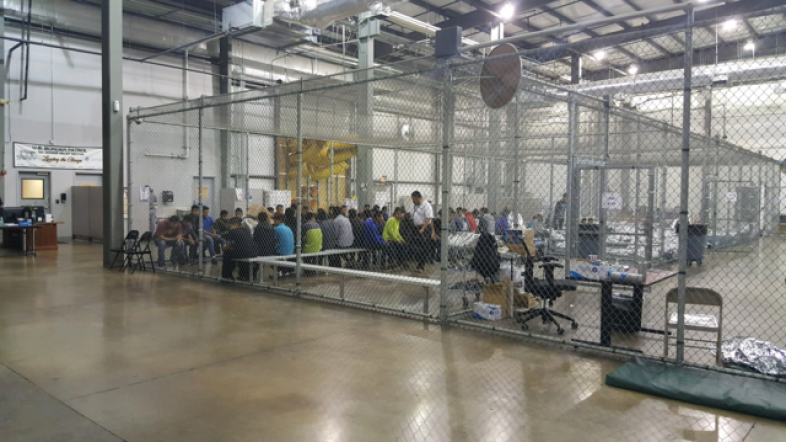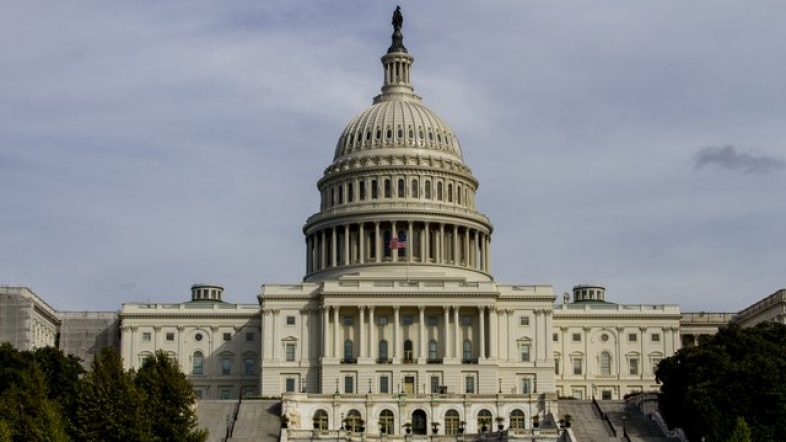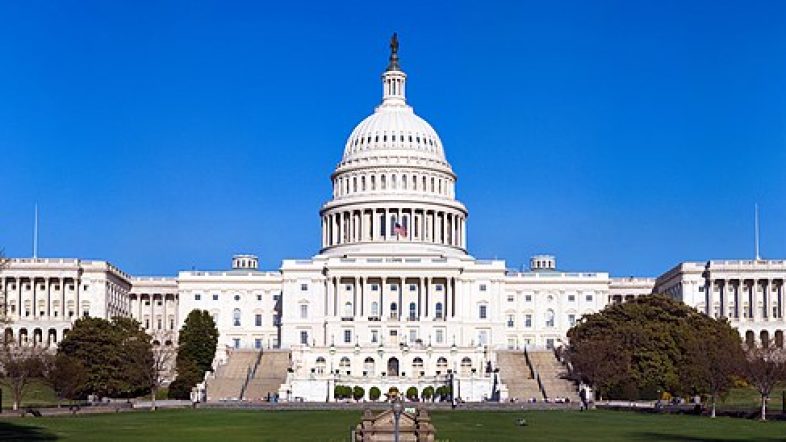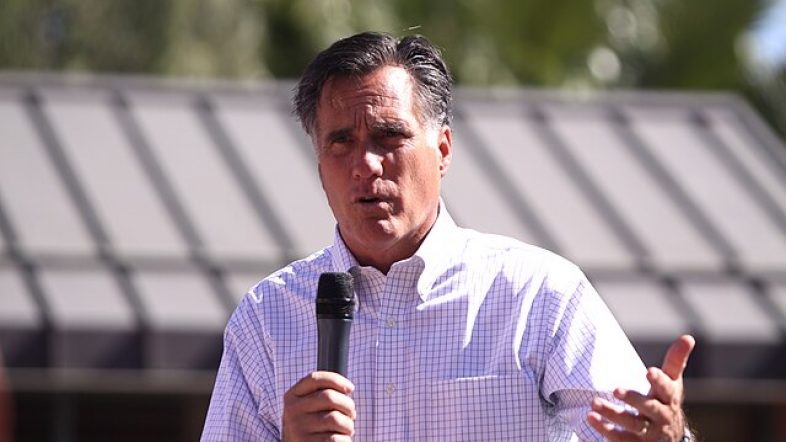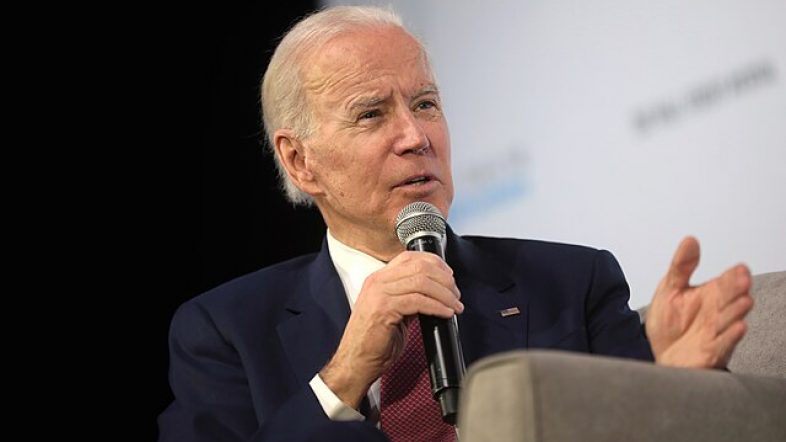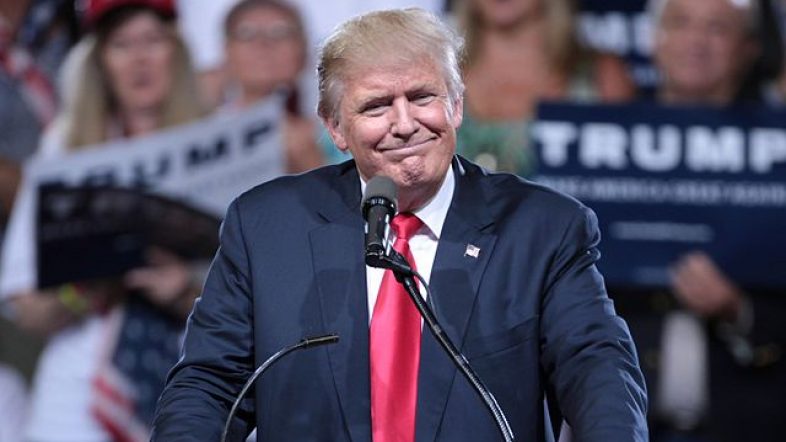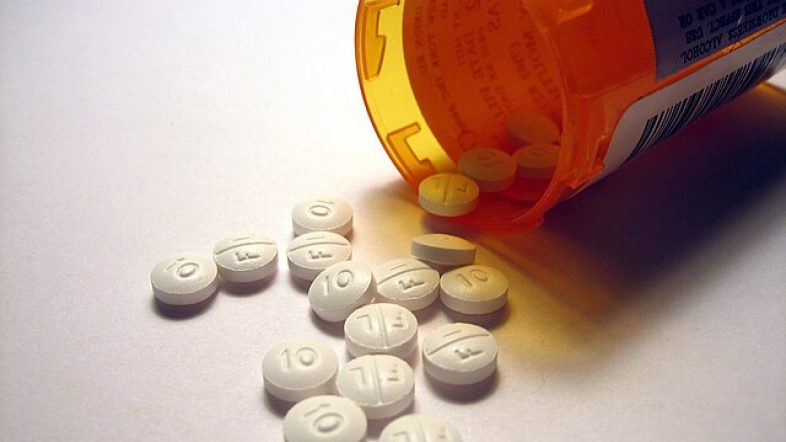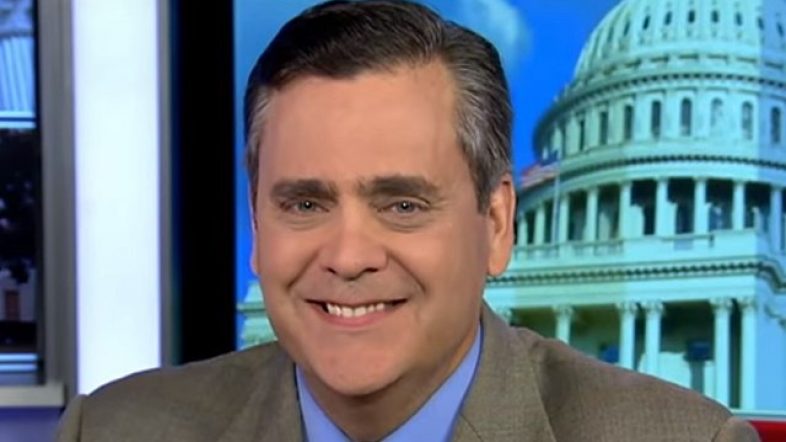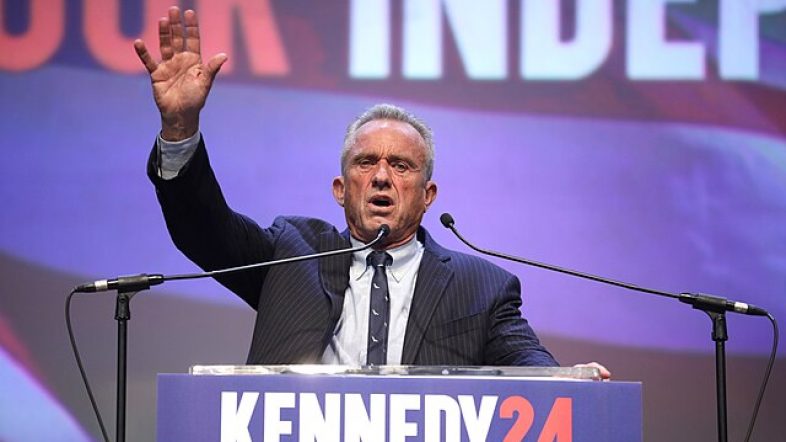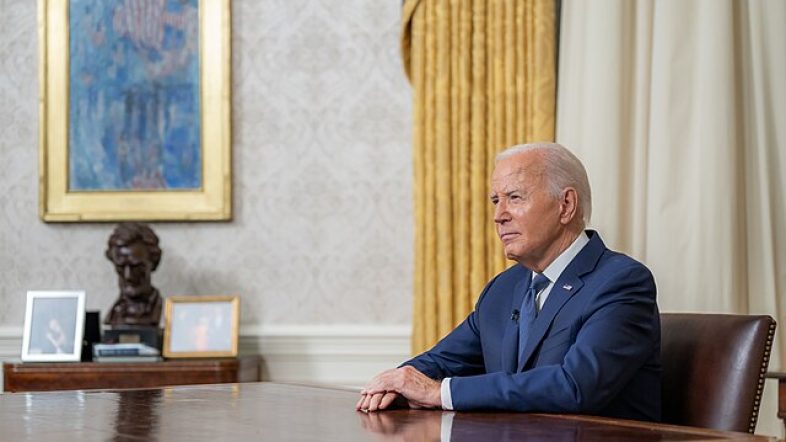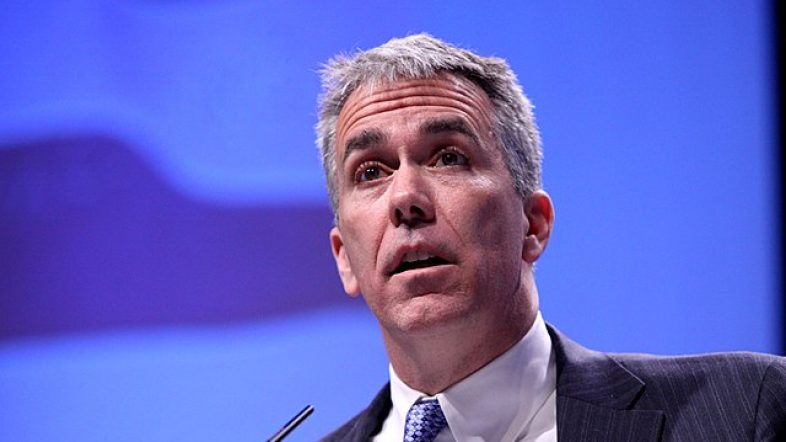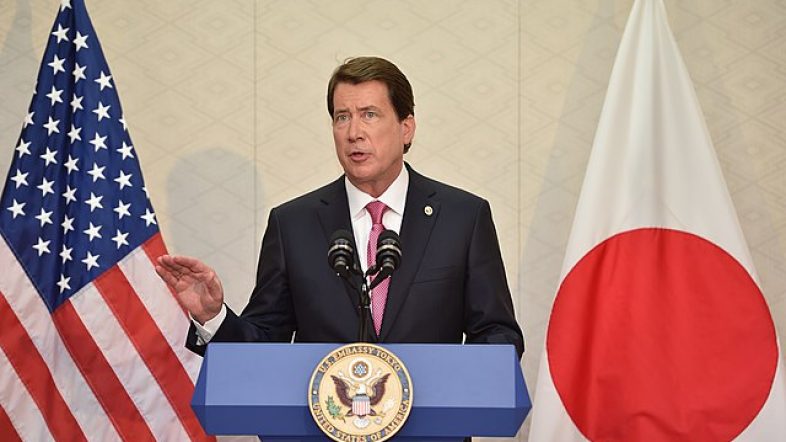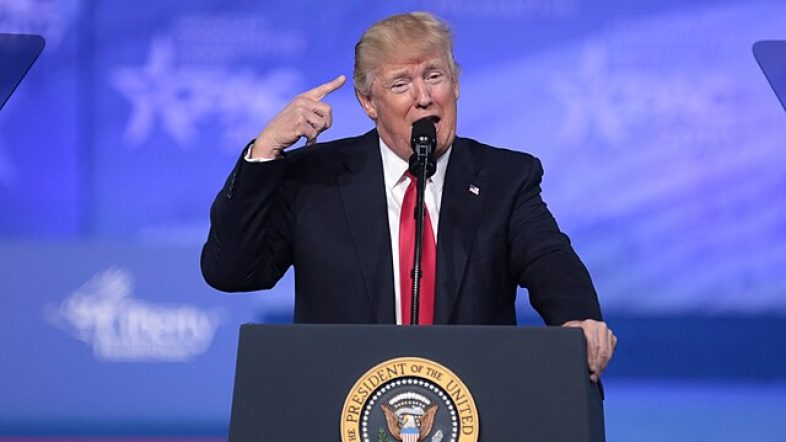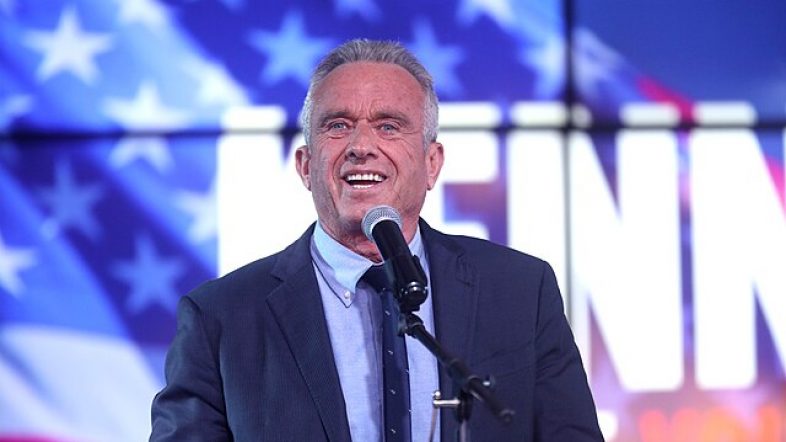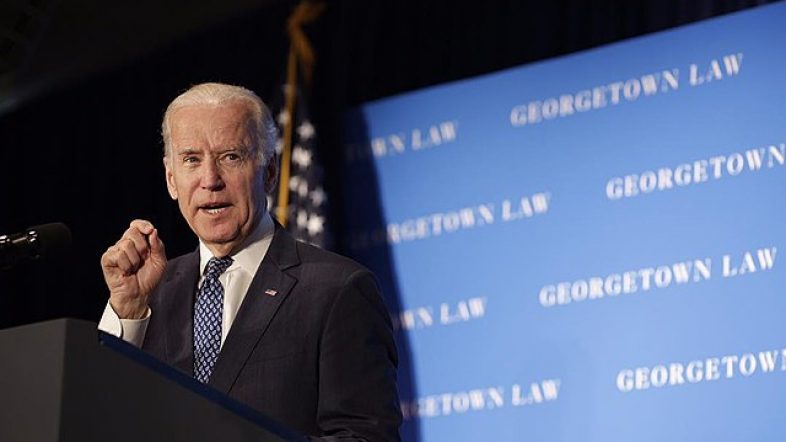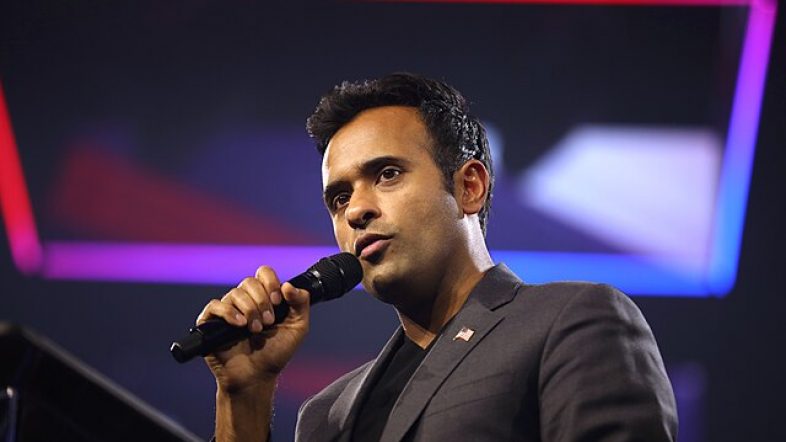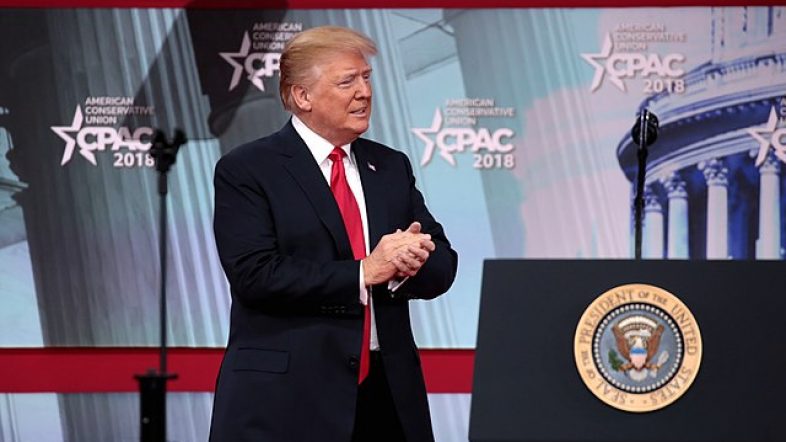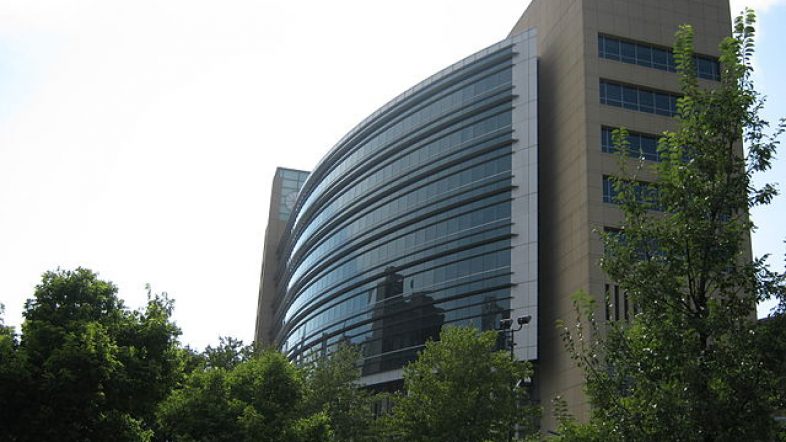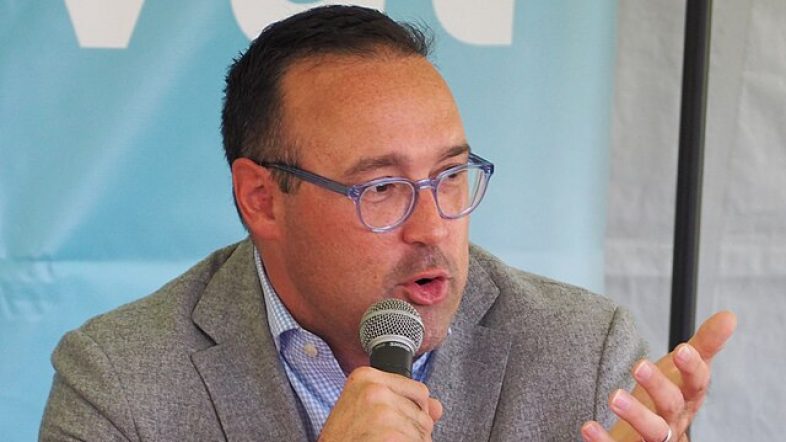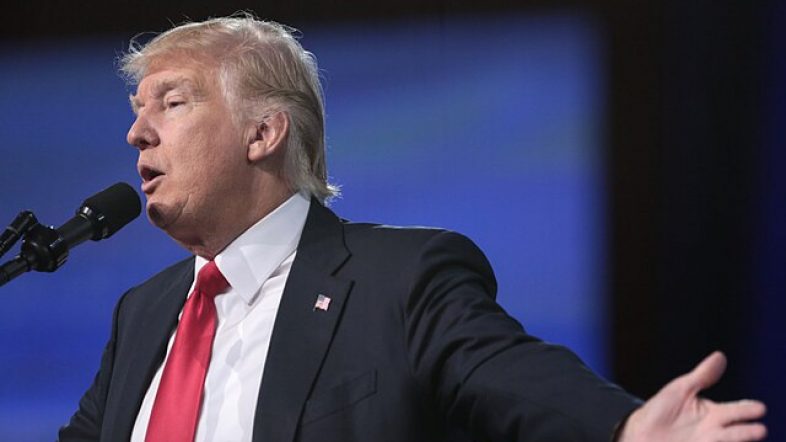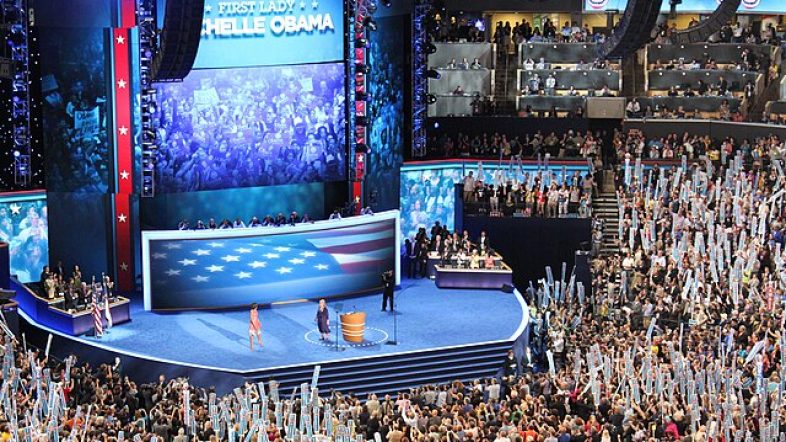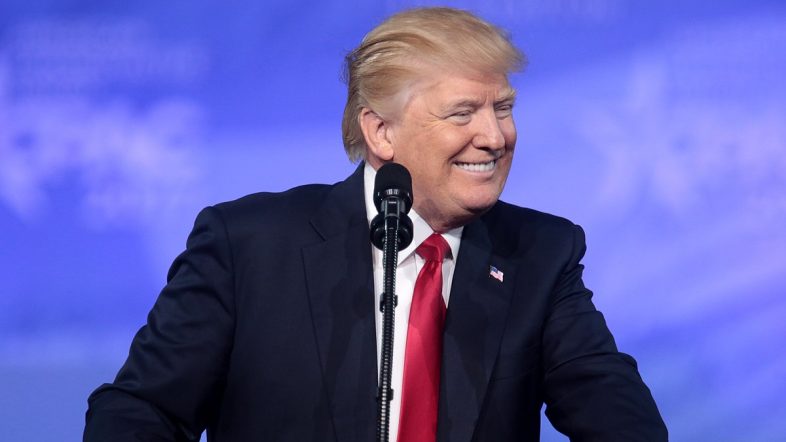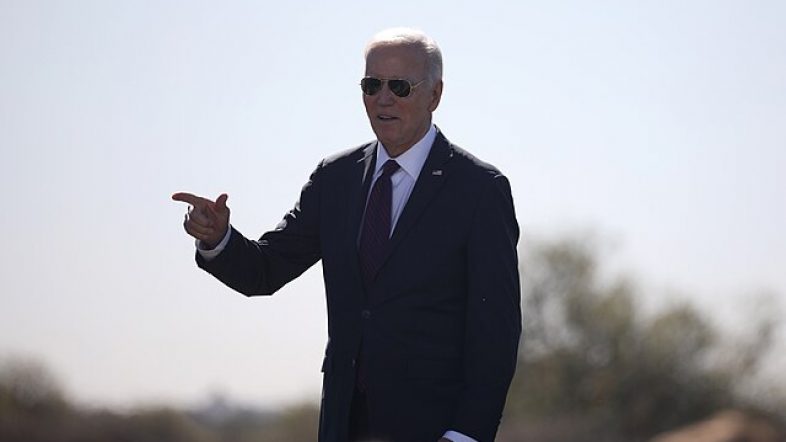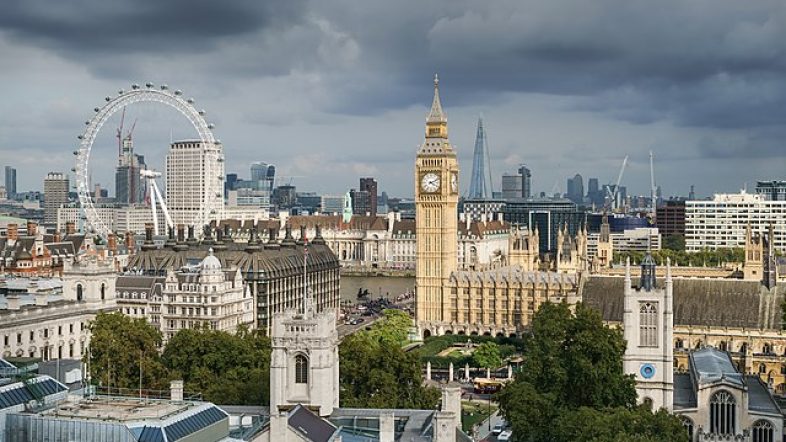Former President Barack Obama’s top economist joined the chorus of experts critiquing Vice President Kamala Harris’ proposed plan to lower costs for housing and groceries, according to The Washington Post Friday.
Jason Furman, former deputy director of the National Economic Council under Obama, expressed his concerns on Harris’ proposal to fine companies that practice “price gouging” on food and groceries, warning of the negative economic effects of the policy due to the apparent need to control prices to a degree, according to The Washington Post. Harris blamed corporate greed for the rise in prices in her speech on Friday, instead of massive government spending under the Biden administration which some economists argue has fueled inflation.
“The good case scenario is price gouging is a message, not a reality, and the bad case scenario is that this is a real proposal,” Furman told The Washington Post. “You’ll end up with bigger shortages, less supply and ultimately risk higher prices and worse outcomes for consumers if you try to enforce this in a real way, which I don’t know if they would or wouldn’t do.”
The Federal Reserve of San Francisco released research in May showing that corporate greed is not the main driver of inflation, saying that the price hikes seen following the COVID-19 pandemic were comparable to those seen following other economic recoveries that did not have not similar levels of inflation.
“This is economic lunacy. Price controls are a SERIOUSLY bad idea,” Samuel Gregg, Friedrich Hayek chair in economics and economic history at the American Institute for Economic Research, said on X. “They lead to shortages, severe misallocations of capital, and distort the ability to prices to signal the information we all need to make choices.”
The proposal from Harris would task the Federal Trade Commission (FTC) with handing out fines for companies that make “excessive” price hikes on groceries, the Harris campaign told The Washington Post. Price controls can initially lower prices for customers, but many economists argue that it would also “cause shortages which lead to arbitrary rationing and, over time, reduce product innovation and quality,” according to the Joint Economic Committee Republicans in 2022.
Prices have risen 19.4% since the Biden administration first took office, and grocery prices have risen 21%, according to the Federal Reserve of St. Louis (FRED).
“Harris has made a set of policy choices over the last several weeks that make it clear that the Democratic Party is committed to a pro-working-family agenda. The days of ‘What’s good for free enterprise is good for America’ are over,” Felicia Wong, president of the left-leaning think tank Roosevelt Forward, told The Washington Post.
Inflation peaked under the Biden administration at 9% in June 2022, with the rate only falling below 3% for the first time since in July. Under former President Donald Trump, prices increased just 7.8% from January 2017 to 2021, according to FRED.
Harris has also proposed the use of federal funds to forgive medical debt from healthcare providers, price caps on prescription drugs, a $25,000 subsidy for first-time home buyers and a $6,000 child tax credit for families for the first year of their child’s life, according to The Washington Post.
“The days of pivoting to the center to win on economics are over, even though there are good economic reasons to do so, especially on fiscal policy,” Bill Galston, a former Clinton aide, told The Washington Post.
Furman, the Harris campaign and Democrat economists Jay Shambaugh and Lawrence Summers did not immediately respond to the Daily Caller News Foundation’s request for comment. Democrat economist Sandra Black declined to comment.
Featured Image Credit: The White House


